
In the United States, sleeping bags are subject to various standards, labeling, and testing requirements. In this guide, we take a closer look at 16 CFR Part 303, ASTM F1955, Law Labels, California Proposition 65, and other compliance requirements relevant to sleeping bags.
Continue reading Sleeping Bag Regulations in the United States: An Overview


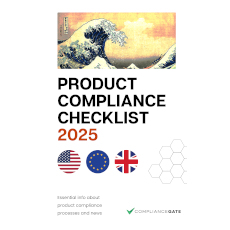










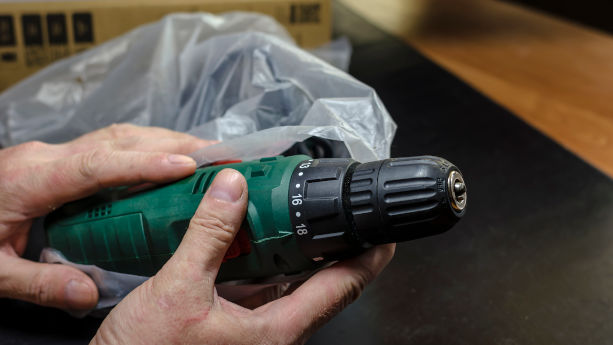
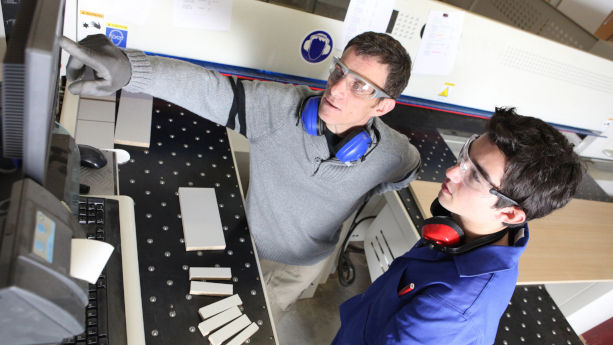

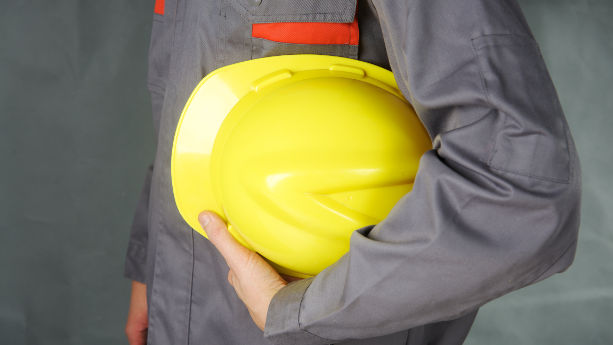



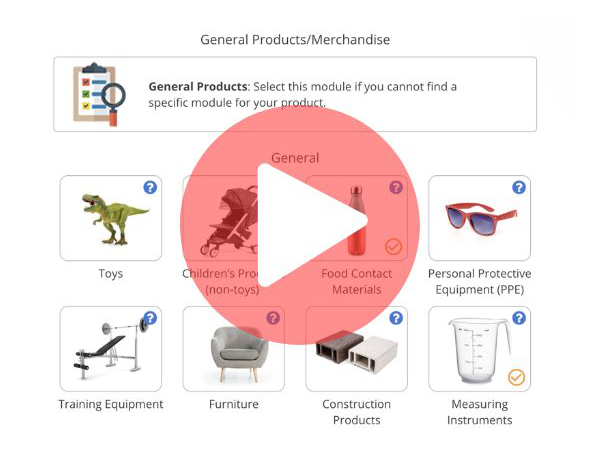
 Create compliance checklists for your product (US, EU & UK)
Create compliance checklists for your product (US, EU & UK) 20+ product certificate templates
20+ product certificate templates Create label files
Create label files Book product testing
Book product testing